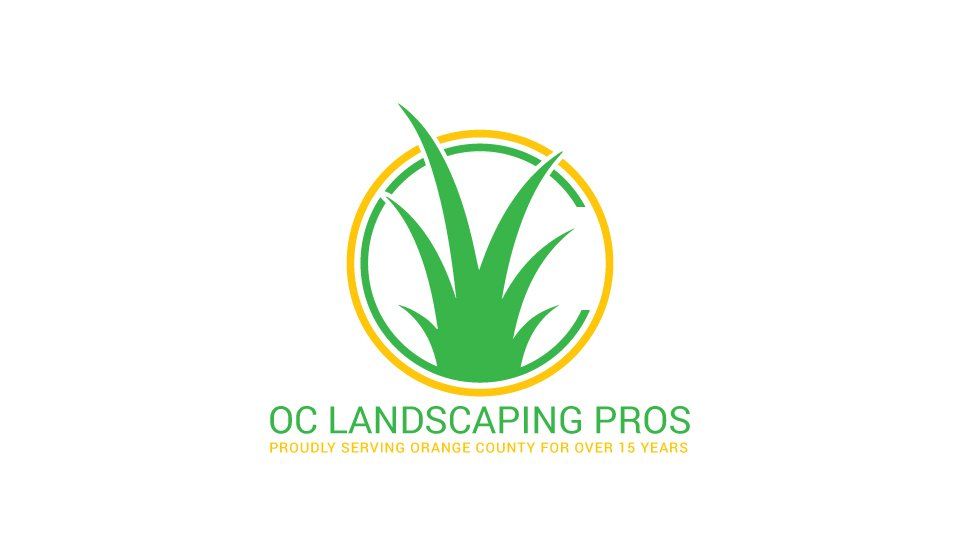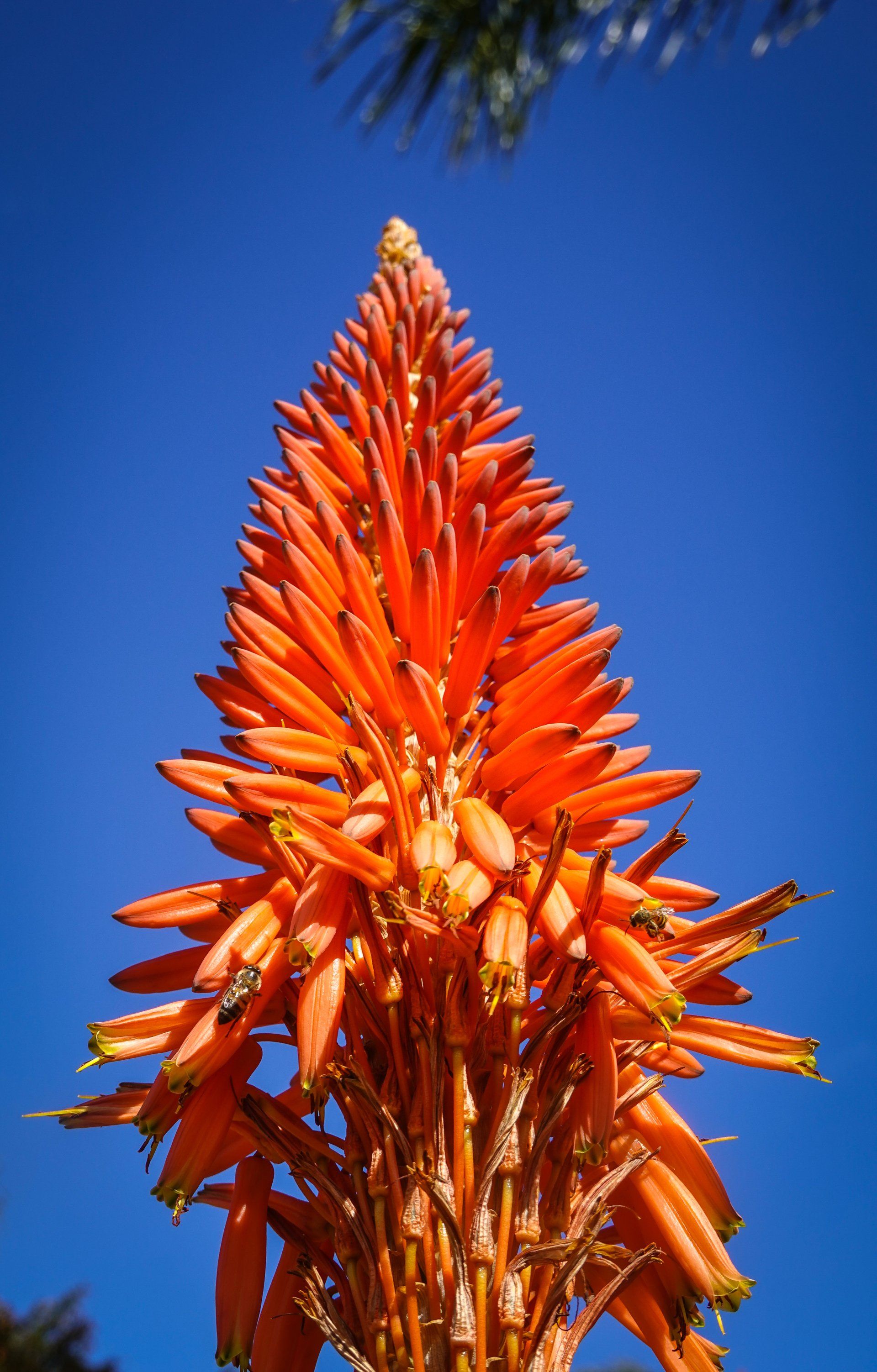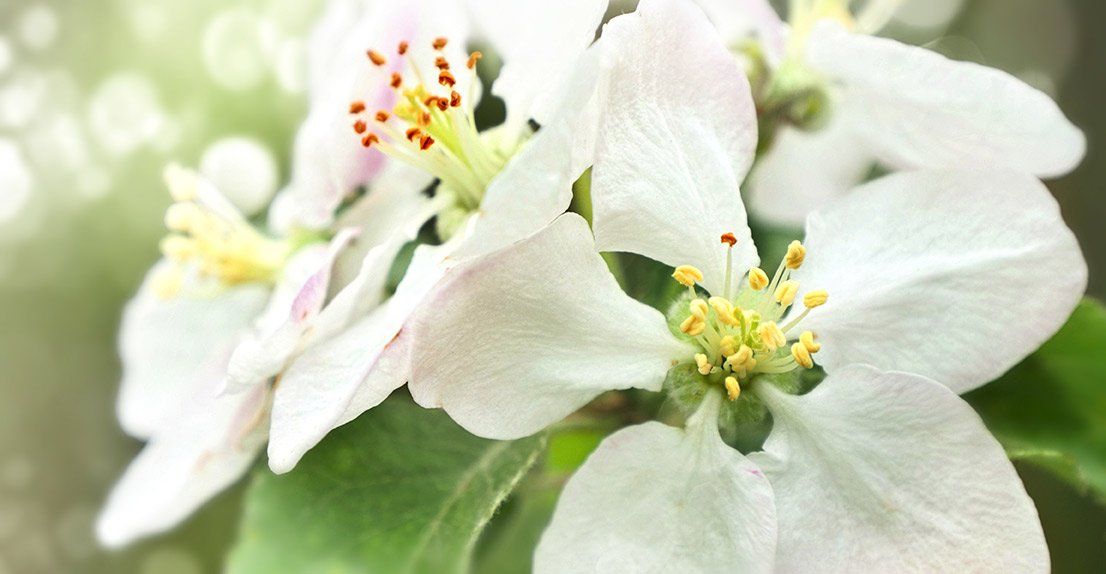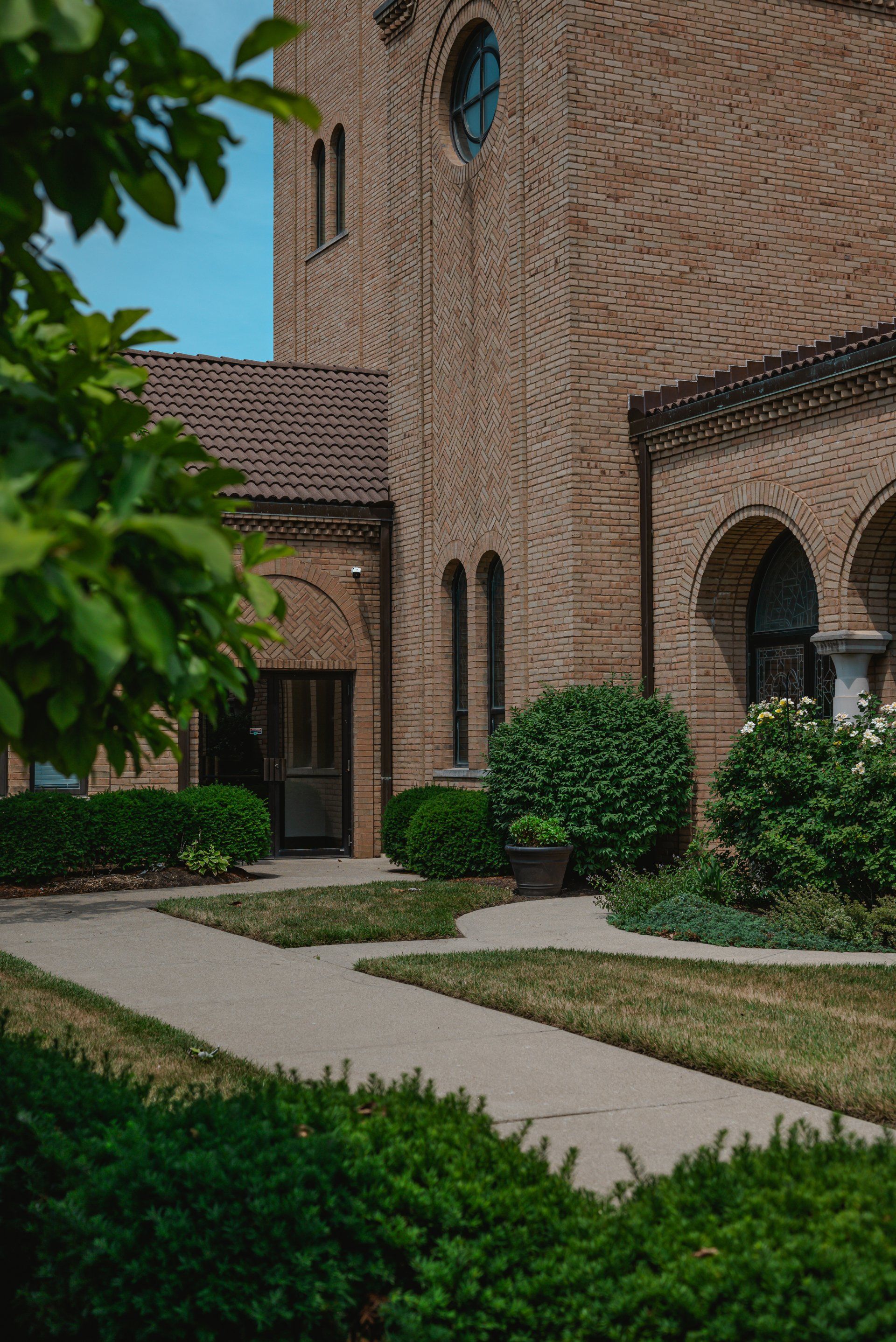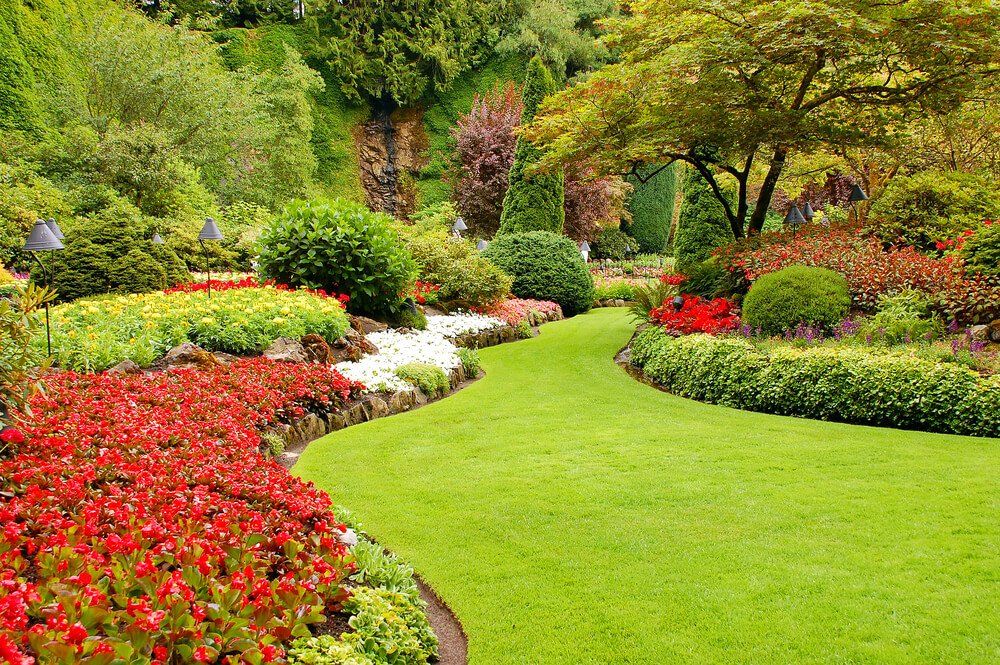What to Do With Garden Waste
What to Do With Garden Waste
For some, gardening is a chore. For others, gardening is a hobby. Then, some can't decide what gardening is for them. But here's the thing, whichever category you belong does not matter. Why? We all have to deal with garden waste.
Interestingly, we have found that to be the messiest and least exciting part of the gardening process. You have done a good job with the planting, transplanting, and weeding. The flowers look perfect too! But on the other side is a giant heap of twigs, weeds, dead leaves, and soil. The big question is, "what do you do with the garden waste?" Keep reading. We have all the answers!
Garden Waste Disposal
Two things to do with your garden waste are recycling and disposal (skipping). However, it would be best if you started with segregation. Before disposing of or recycling your garden waste, you need to separate "green" waste from all the rest (concrete, plastic, wood). So get two bins, label one "Green" and the other "General" or whatever pleases you.
Recycling
Recycling green waste is the same as compost. Of course, there will also be things you can reuse, like twigs. But for now, let's discuss green and non-green waste.
Green Waste
Generally, green waste is biodegradable trash that can include leftovers from parks or gardens.
It consists of weeds, grass clippings, yard and shrub trimmings, branches, woodchips, bark, and palm tree branches. Although you frequently meet all of these waste materials, you might not know the distinctions between green and other types of waste.
The way you recycle green waste is different from the way to recycle plastics or other types of common home garbage. The process of recycling green waste is composting. You can either do it yourself or use a professional service. Either way, recycling green waste has numerous benefits.
Non-Green Waste: Concrete, Wood, And Plastic
Garden waste also includes things like old tools, ceramic pots, wood shelves, and concrete blocks that you no longer use in your garden. These materials are to go in a separate bin from the green waste. You can not include them in the compost heap as they will not decay.
The things you can recycle are:
- Plants and leaves.
- Grass and weeds.
- Tree branches and barks
- Clippings and twigs.
- Fruits and vegetables.
Using a Compositing Site
Remember, we mentioned you could either do composting yourself or hire a professional service. Great! Now, if you opt for a professional service, the trash gets collected by a waste management service.
When the garden waste gets to the composting site, anything that won't compost gets removed. The rest of the waste is then shredded and put in a long pile to break down, usually outside. At a composting site, the process is similar to what happens in a home compost bin, but it gets managed to happen faster. And because there is so much stuff, the temperature is much higher than in a typical home compost bin.
The hottest it can get is 60°C. Because of the higher temperatures, the enzymes and bacteria get to work quickly, and the compost is ready in just a few weeks.
Microorganisms that help break down the material need a lot of oxygen, which is why the material gets turned over often. More so, the high temperatures kill off the microbes, weeds, and diseases that are bad for plants.
The last step is to screen the compost to remove any remaining contaminants and sort them into different grades for different uses. Any compost that is still too big or hasn't broken down enough goes through the process again until it is small enough. Depending on what anyone will use the compost for in the end, the whole process takes between 8 and 16 weeks.
Composting at Home
You can make compost by putting things in a pile or a bin. How you do it may depend on how big your garden is, how much you have to compost, or how much compost you need.
But to get started, you should know that at least one-meter square and one meter high is the minimum size for a compost pile. You should surround it with bricks or wood to keep the rain out.
There should be room at the front so you can turn the pile. Compost bins are best for smaller gardens. You can also get compost bins at garden centers and home improvement stores. Some city councils even provide compost bins at a lower price. The top of the bin is open so earthworms can get in and help speed up the process.
You can compost:
- Scraps of fruit and vegetables
- Bags of tea and coffee grounds
- Eggshells
- Cuttings of grass, branches, and leaves
- A few paper shreds and soft cardboard
- Animal hair
- Vacuum dust (only from woolen carpets)
- Garden and pond plants
You can't compost:
- Cat or dog excrement
- Fish and meat
- Dairy products
- Diseased plants
- Disposable nappies
- Glossy cards
- Concrete
- Plastic
Your food waste bin is where you should put any leftover food that you can't add to the compost site, like meat, fish, bones, cooked food, and dairy products.
Keep the compost in the garden and reuse it to preserve nutrient-rich soil for all your future plantations. We love composting because it helps us maintain a healthy garden and flowerbeds. Of course, a healthy garden is essential to excellent landscaping in Orange County. A good compost site and good manure make for nutrient-dense and fibrous soil!
Remember not to add general waste to the compost pile, as previously stated. It may interfere with the composting process. You now have an abundance of high-quality organic garden compost that you can use to improve the soil quality in your garden. There is no better way to recycle green waste than by composting it at home, which is economical and kind to the environment.
Total Waste Disposal
If you are not going to compost at home and want to get rid of all your garden waste, go for total waste disposal. What do we mean?
It is pretty much the same process. Get two bins, one for your green waste and the other for non-green waste. Check with your local council and call to order a skip. This process is relatively faster and easier.
Alternatively, you can also rent a skip from a waste management service. All you have to do is put your trash in the skip or garden waste bin and call the best company in your area that takes care of trash to come to pick up the skip. Try to get the largest skip you can get to get rid of all your garden waste at once.
Repurposing Garden Waste
Surely, not everything should go to the compost site. There are branches and twigs here and there you can repurpose. You can repurpose these materials for various household tasks, including grilling and making crafts at home. You can also sell or give some away. Moreover, you can buy garden chippers or shredders to make useful things from branches at home. This is a quick way to clean up your garden and get rid of most of the trash.
To sum up, garden waste is an unavoidable part of gardening, but you have many options for what to do with it. You can order a skip, call a company that picks up the waste, or just compost it yourself.
Nothing beats sitting in a clean, dirt-free garden and sipping a hot cup of cocoa while enjoying the greenery. You can check here for even more exciting content on
how to keep your garden looking vibrant all year round. And if you need help with your gardening, employ the help of a
landscaper in Orange County today!
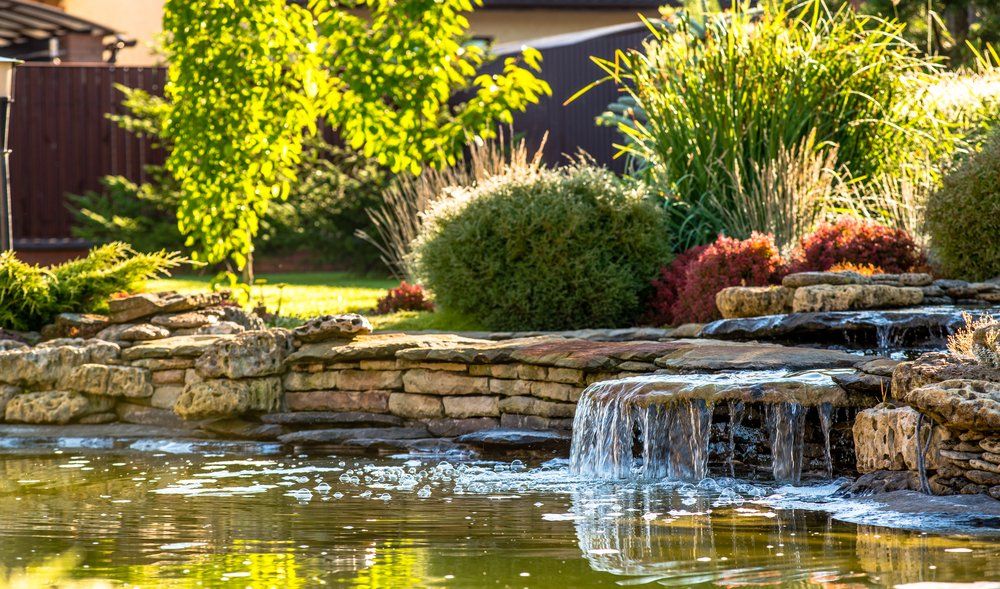
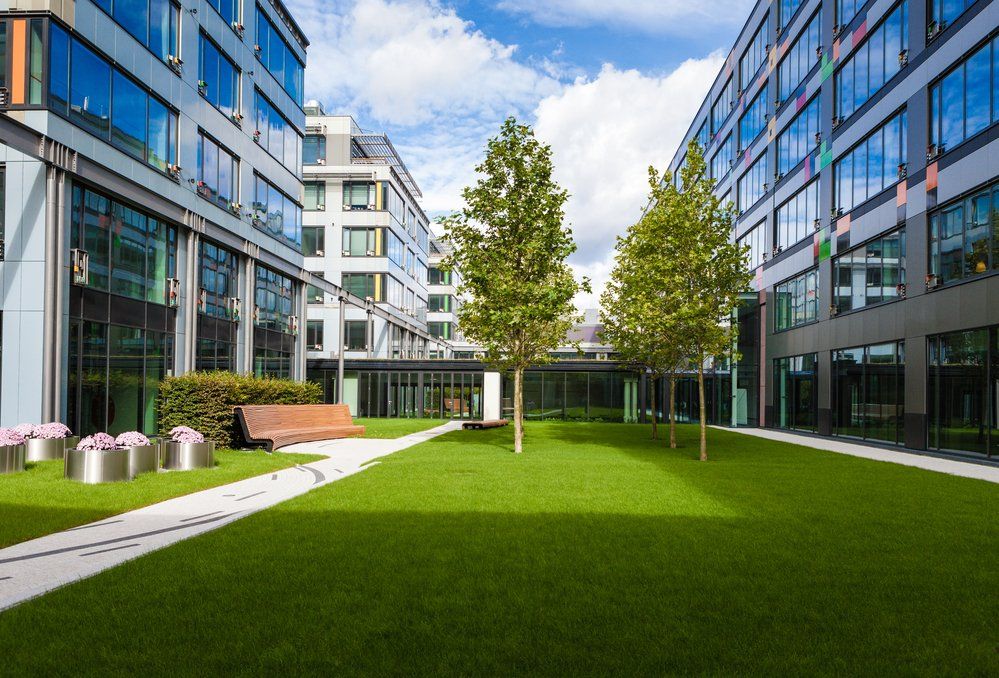
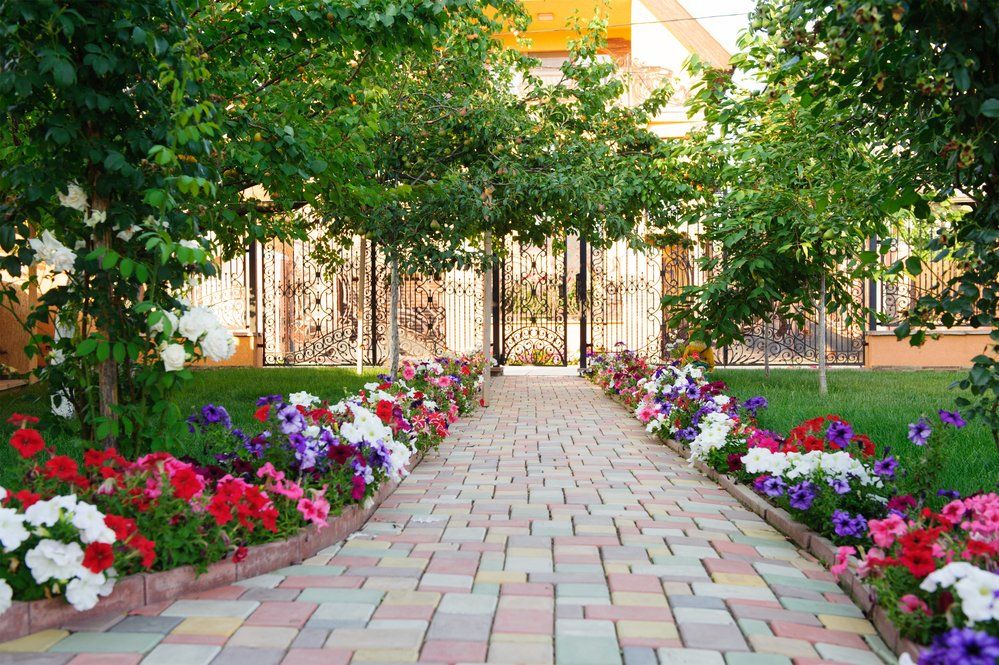
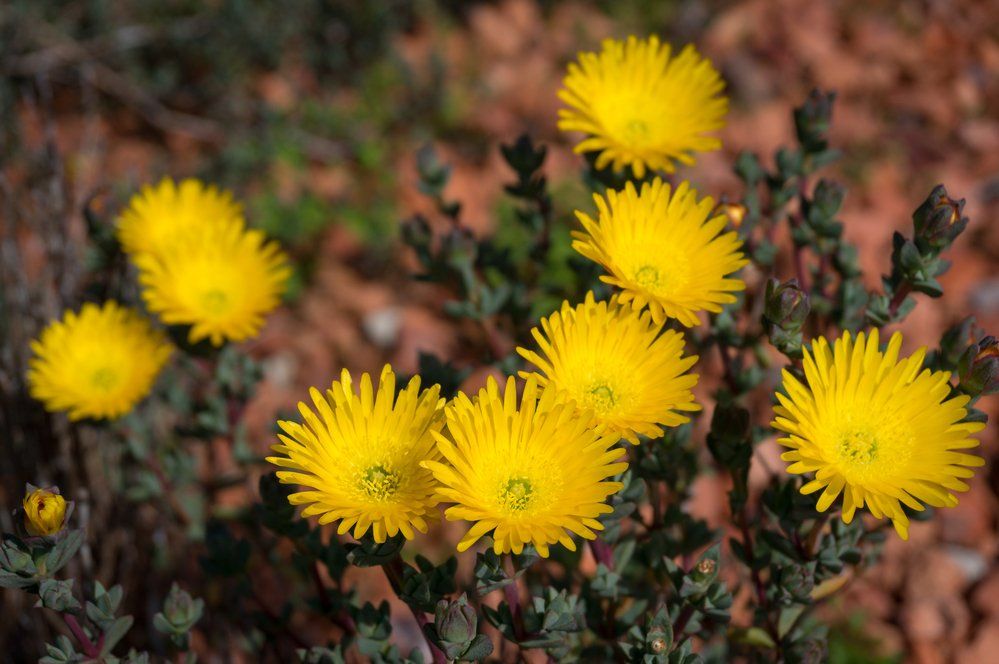

Contact
Orange County Landscaping Pros
(949) 313-2633
1133 Camelback St #7124, Newport Beach, CA 92658
All Rights Reserved | Orange County Landscaping Pros
